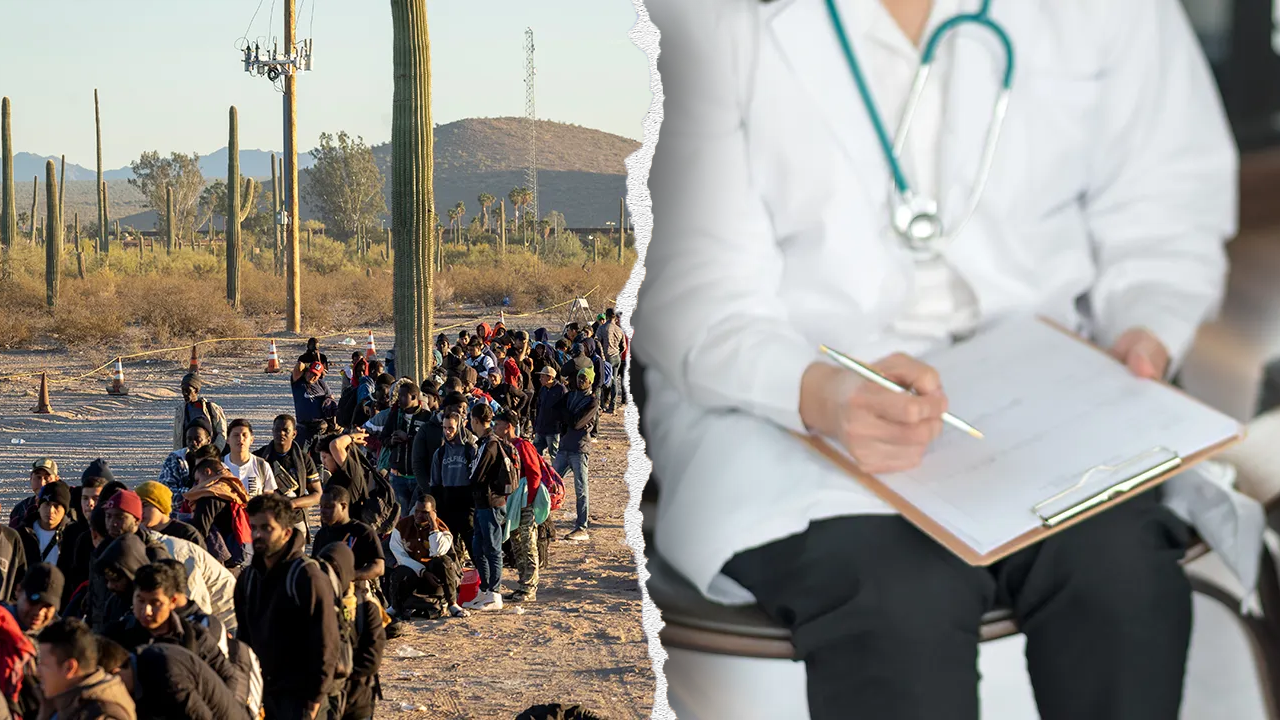New poll reveals majority of Californians oppose this key benefit for illegals

A recent survey conducted by the Public Policy Institute of California has revealed that a majority of Californians oppose providing healthcare coverage for adults who are in the United States illegally. Despite the state currently offering this coverage through the Medi-Cal program, 58% of those polled were against it, while only 41% were in favor.
The move to provide healthcare coverage for illegal immigrants took effect last year, allowing them to enroll in Medi-Cal regardless of their immigration status. However, the program faced financial challenges and went insolvent this spring, requiring billions in loans to keep it running. In response, the governor’s office proposed changes such as an enrollment freeze and a $100 monthly payment for individuals with certain immigration statuses on Medi-Cal.
These proposed changes have sparked intense debate in the Democratic supermajority legislature. While some lawmakers are in favor of implementing a $30 monthly payment for those with unsatisfactory immigration status starting in 2027, others are pushing back against the governor’s proposed $2,000 asset limit for Medi-Cal participants. Instead, they are looking to set the limit at $130,000.
Assemblyman Carl DeMaio, a Republican from San Diego, expressed concerns about the financial implications of providing free taxpayer-funded healthcare to illegal immigrants. He argued that this could jeopardize services for citizens who rely on Medicare and are in need of assistance.
Governor Gavin Newsom’s office has attributed the issues with the Medi-Cal program to broader economic concerns, pointing to a $16 billion deficit and higher-than-expected healthcare utilization. The California Latino Legislative Caucus has also raised concerns about the impact of Medi-Cal reform on immigrant communities.
On the federal level, the reconciliation bill currently in Congress could further impact states that provide Medicaid coverage to illegal immigrants. As the debate over healthcare coverage for illegal immigrants continues, it is clear that there are complex financial and ethical considerations at play.




